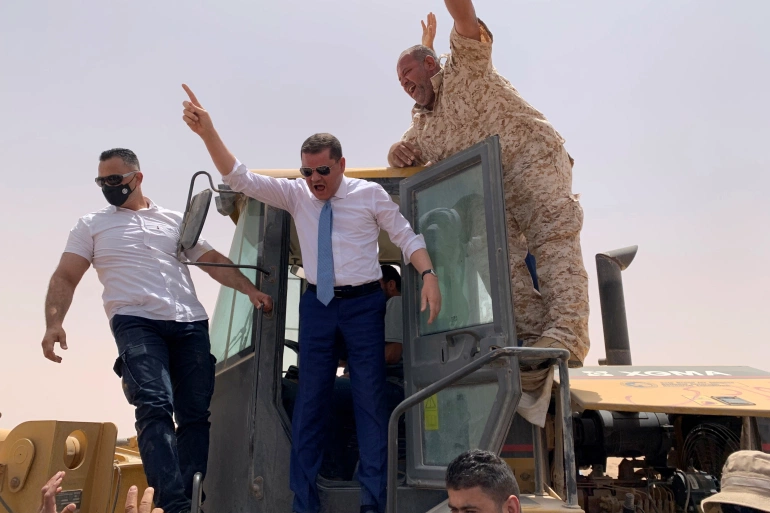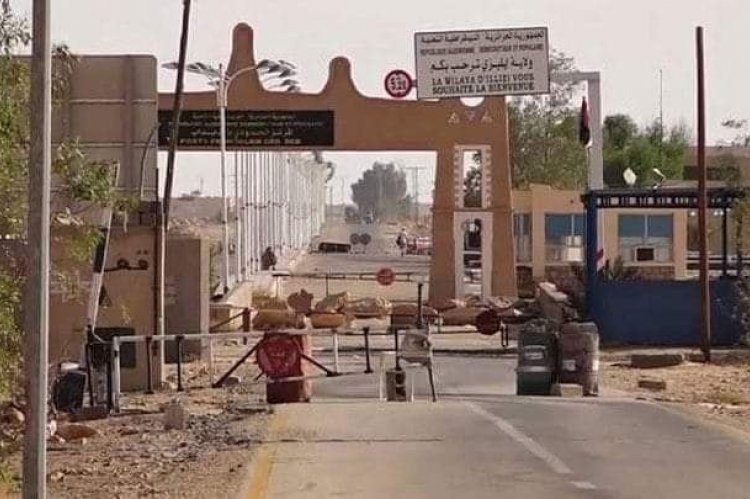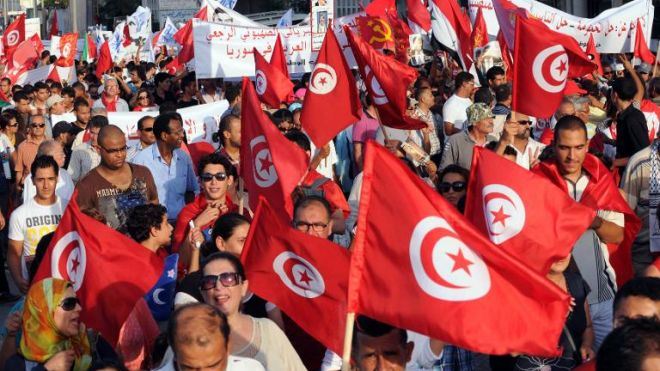![]() After two years of closure, the coastal road between the east and the west of Libya has been reopened this Sunday, June 20.
After two years of closure, the coastal road between the east and the west of Libya has been reopened this Sunday, June 20.
The road, some 370 kilometers from capital Tripoli, links the west of Libya, from its border with Tunisia, to the east towards Egypt.
The reopening which took place in the presence of Prime Minister Abdel Hamid Dbeibah and several cabinet members is an important step towards the pacification of the country.
Driving a backhoe, the Prime Minister himself cleared three sand barriers blocking the road. Quite a symbol… This 300 km long road section between Misrata and Sirte was closed since 2019, when Marshal Khalifa Haftar, the strong man of eastern Libya, launched the offensive on capital Tripoli.
This is indeed an important step, although on the side of Marshal Haftar’s troops, the road is still closed. The reopening of this road axis is one of the conditions of the ceasefire signed last October between the government in Tripoli and Marshal Haftar.
It comes as the international community is preparing to meet in Berlin this week. This is the second international conference to review the progress made in restoring peace, unifying the country and holding elections by the end of the year.
The US embassy in Libya welcomed the reopening of the coastal road as “significant”, saying that “Libyans and foreign powers alike should focus on encouraging stability through acts like allowing this road to remain open and paving the path for Libyans to have full control over their own affairs, including elections in December.’’
Meanwhile, Khalifa Haftar’s forces said Sunday that they had closed the border with Algeria. They declared it a “military zone” in which all movement is prohibited.
“The armed forces has closed the Libyan-Algerian border and declared it a military zone in which movement is prohibited,” said the Moral Guidance Department, an LNA media unit.
This closure illustrates the fragmentation of power in Libya where the Government of National Unity, supported by the international community, is unable to reduce the opposition of the Libyan National Army led by Marshal Haftar.



